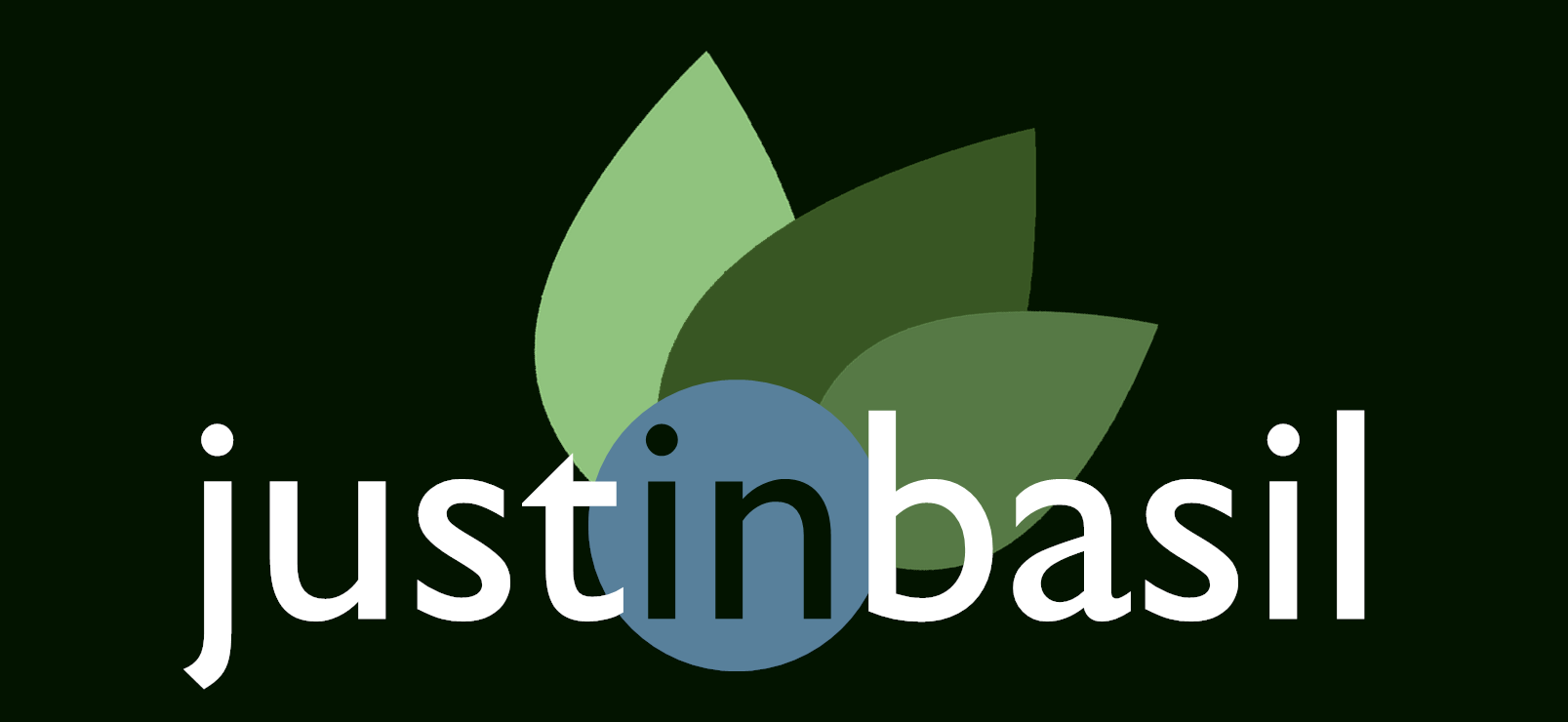Getting to Know the Cards
For many players, one of the biggest hurdles for deck building is a lack of familiarity with the pool of cards available. The best way to get familiar with the cards available to you as a deck builder is to play the game and to play it a lot, but you’ve got to have a deck to start playing. Below is a list of a handful of helpful resources to help get to know the cards a bit better. These resources will help you find cards you might not have realized existed—and to more easily compare cards you do. As you build upon your first deck, testing, tweaking, and battling new opponents, your knowledge of the card pool will expand. And as you become more familiar with the cards available to you, the better deck builder you’ll be.
Limitless TCG
Limitless TCG offers results from large tournaments like Regional Championships, International Championships, and the World Championships. Often, deck lists from decks that have placed in these tournaments are made available to players on Limitless’ site and studying the deck lists of these winning decks can help you not only to better understand how a great deck is put together, but how various cards interact with one another to execute a deck’s strategy to win.
Sometimes, the best way to see how the cards of winning decks work with one another is to try them out. To help you do that, Limitless TCG has a proxy tool that enables you print off placeholder versions of cards that aren’t yet part of your collection. This proxy tool also gives you the option to try out new cards before making large purchases on sites like TCGPlayer or eBay.
Additionally, Limitless TCG offers a searchable database of cards with a number of helpful filters, like cards that have shown up in the deck lists of players who have placed in large tournaments.
Card Databases
In addition to Limitless TCG’s excellent card database, there are a few others work looking at. PkmnCards makes it easy to search the text of the card and Bulbapedia offers detailed coverage of past and future cards and is the unofficial Pokémon encyclopedia. The official Pokémon website also offers its own database.
Use these databases to look up cards you’re unfamiliar with and to find new cards worth including in your decks.
PokéBeach
PokéBeach is an excellent source of news related to the Pokémon Trading Card Game—and to the Pokémon franchise in general. PokéBeach regularly posts articles about new cards as they are revealed, providing translations for the cards so that you can begin thinking about them and how best to use them in decks before they are officially released.
In addition to covering news related to the Pokémon Trading Card Game, PokéBeach also regularly has seasoned players of the game post premium articles that cover a variety of topics including the state of the metagame, popular decks and how to play them, and upcoming decks to think about for the future.
Poké Tubers
There’s a great community of Pokémon content creators on YouTube and Twitch. Their content varies from reviews of the cards from upcoming sets, discussion of the metagame, predictions for an upcoming metagame, deck profiles of new and upcoming decks and decks that have placed in recent tournaments. PTCGRadio in particular will—very enthusiastically—cover each new card as it is revealed, discussing its potential uses and how it could theoretically work with other cards in the Standard format.
Many of these content creators also play the Pokémon Trading Card Game using the online game, the Pokémon Trading Card Game Online—and watching their content can be a great way not only to learn the various cards in the Standard format, but to become a better player.
Crafting Your Deck
In addition to the resources above, the rest of this guide breaks down a number of various key cards as it guides you through building your first deck. You’ll be introduced to cards that help you do everything from draw cards, search for Pokémon, disrupt your opponent, and rebound from a knockout.


